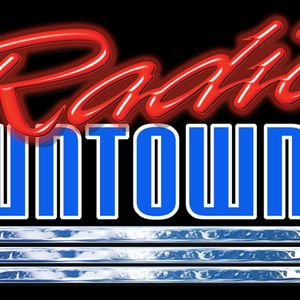Create your own Genre
Unleashing Creativity: A Guide to Creating Your Own Genre of Music
Introduction:
Music is a boundless realm of expression, constantly evolving and adapting to the artistic visions of those who dare to push boundaries. While established genres offer a rich tapestry of sounds, there is an exhilarating adventure in crafting your own musical genre. This article serves as a guide for musicians and aspiring creators to embark on the journey of inventing a unique genre that resonates with their artistic identity.
- Define Your Musical Identity:
- Influences and Inspirations: Reflect on the artists, genres, and styles that inspire you. Identify the elements that resonate most deeply with your musical sensibilities.
- Artistic Vision: Clearly articulate your artistic vision. What emotions, stories, or atmospheres do you want your music to convey?
- Experimentation and Fusion:
- Blend Genres: Explore the fusion of existing genres. Merge contrasting elements to create a fresh and distinctive sound.
- Instrumentation: Experiment with unconventional instruments or digital tools. Push the boundaries of traditional setups to carve out a unique sonic landscape.
- Cultural Influences:
- Global Inspiration: Draw inspiration from various cultures and musical traditions. Incorporate diverse rhythms, scales, and instruments to infuse your music with a global essence.
- Personal Background: Consider integrating elements from your own cultural background. This authenticity can contribute to the uniqueness of your genre.
- Technological Innovation:
- Digital Exploration: Embrace technology to experiment with sound design, synthesis, and electronic elements. Utilize software and hardware to create distinctive textures and tones.
- Production Techniques: Explore unconventional recording and production techniques to give your music a signature quality.
- Lyrics and Themes:
- Conceptualize Themes: Develop themes or narratives that resonate with your genre. This could involve storytelling, conceptual lyrics, or even creating a fictional world for your music.
- Vocal Style: Experiment with different vocal styles and techniques to enhance the storytelling aspect of your genre.
- Community Engagement:
- Feedback and Collaboration: Share your work with a community of musicians and listeners. Seek feedback to refine your sound, and consider collaborating with other artists to bring fresh perspectives to your genre.
- Live Performances: Test your genre in live settings to gauge audience reactions. Adapt and evolve based on the energy and response from your listeners.
- Build a Visual Identity:
- Artwork and Branding: Create a visual identity that complements your musical genre. Artwork, logos, and branding contribute to the overall experience for your audience.
- Live Performances: Consider incorporating visual elements into your live performances to enhance the immersive experience.
- Document Your Journey:
- Behind-the-Scenes Content: Share your creative process through social media, blogs, or documentaries. Engaging your audience in the evolution of your genre can foster a deeper connection.
Conclusion:
Creating your own genre of music is a daring and rewarding venture. It requires a combination of self-discovery, experimentation, and a fearless pursuit of artistic expression. Embrace the freedom to break conventions, and remember that the most groundbreaking music often emerges from those who dare to explore the uncharted territories of sound. As you embark on this creative odyssey, let your passion guide you and relish the joy of bringing something entirely new into the world of music.
JohnK - Radiodowntown.ca



